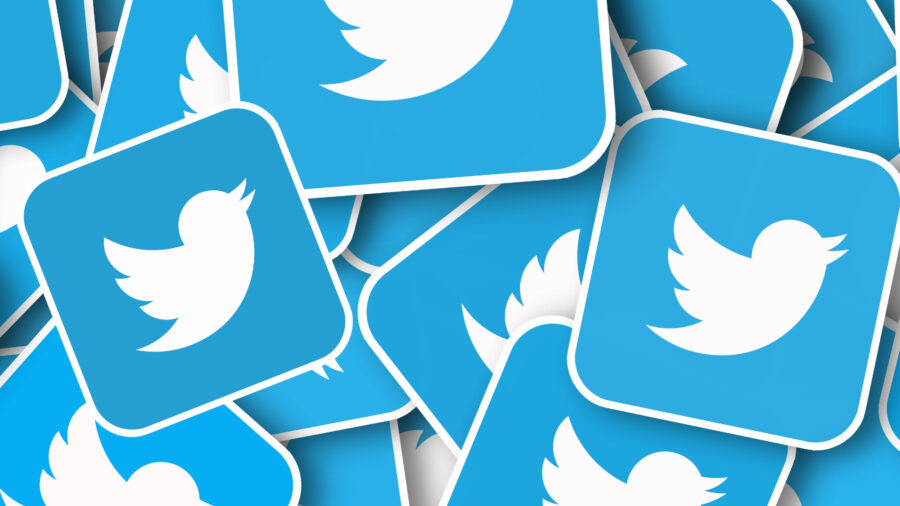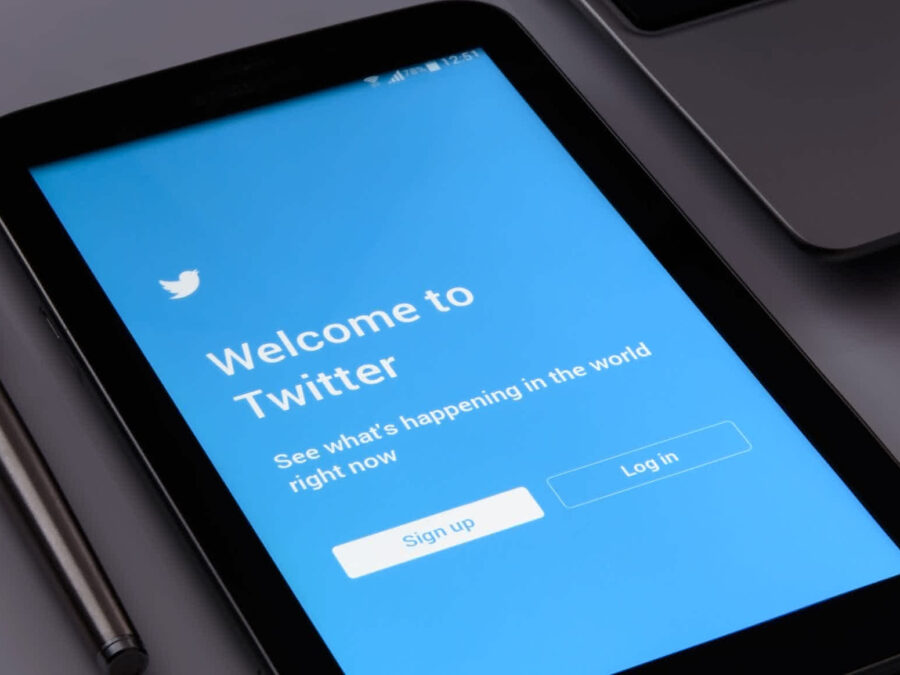Twitter Can Now Be Sued For User Content
An interesting new law in India has put Twitter at liability risk when it comes to user-generated content. Could this be the new normal?
This article is more than 2 years old

Social media companies have long been able to straddle both sides of the line when it comes to user content. On the one hand, they can have people post almost anything (within relative reason). Though when certain posts or messages come under fire, they’ve been able to pass it off as free speech-related content, not messages coming from the actual platform. But that might not be the case forever with an interesting regulation coming out of India for Twitter specifically.
In the latest ruling from India, the country’s courts deemed that Twitter can now be held liable for user-generated content on the platform. That isn’t the case in other countries, specifically the United States, but now in India if there is an issue with something posted on Twitter by a user then the company can be held legally liable for that content. This is somewhat unprecedented and could mean Twitter stops working in the country altogether when it is all said and done.
The latest move that would put Twitter at significant liability risk comes as part of India’s new cracking down on internet-related companies and social media platforms specifically. As part of the new laws in the country, social media platforms had to adhere to a number of new compliance regulations regarding both the corporate structure, but also in terms of specific positions within companies to handle grievances. According to Indian court rulings, Twitter failed to comply with any of it and now is subject to liability concerns going forward.

Twitter and other social media giants like Facebook and Instagram have remained free of liability concerns in the United States and other countries under a safe harbor statute that removes the liability for the platforms when it comes to user-generated content. In the U.S. that is under Section 230 of the 1996 Communications Decency Act, a federal law, that offers protection if users post illegal content or otherwise. This protection is afforded to social media companies, but also other sites like news outlets, video posting sites, and really anything else with comments sections.
In India, it isn’t just Twitter that’s come into the government’s crosshairs either. WhatsApp and Signal have also failed to comply with the new regulations. Those are a little different from Twitter in that they are encrypted messaging apps that aren’t public-facing in the same way Twitter is. It’s one thing to have person-to-person messaging scrutinized. It is another to be liable for any message posted by anyone that everyone in the world can see. It would make sense that Twitter would want to remove this risk and they have said they will comply with the new laws.
Whether this new kind of legal precedent takes hold in the United States remains to be seen. Former President Donald Trump had said he wanted to repeal Section 230 while in office, saying companies weren’t doing enough to police content on their platforms. That never took hold, but it doesn’t mean it can’t be revisited at some point. With social media platforms facing more and more scrutiny, we could see some half measure that makes companies like Twitter respond quicker to user-generated content.












